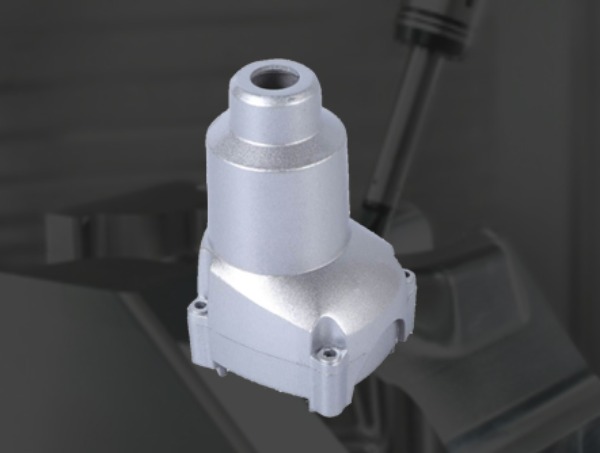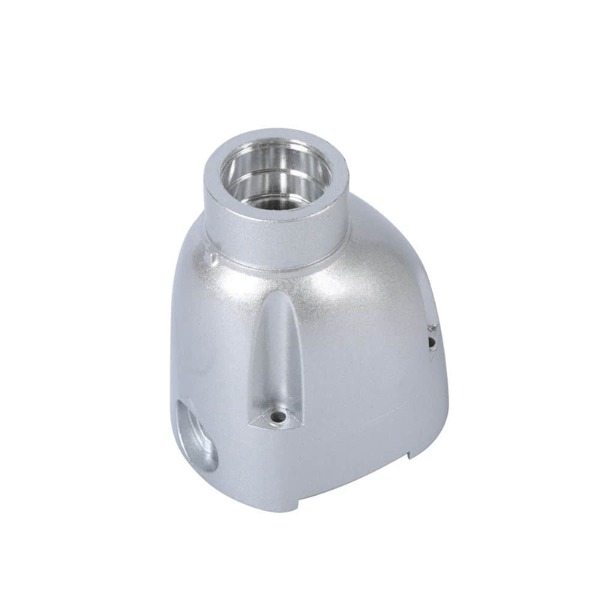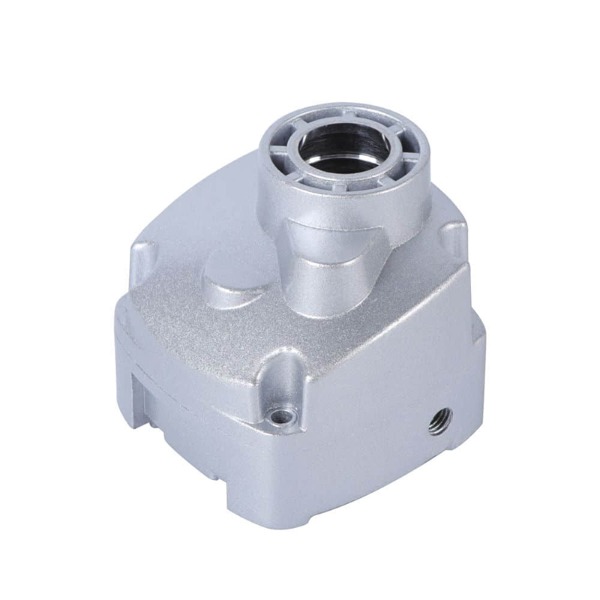Introduction:
In the ever-evolving landscape of modern manufacturing, the choice of materials plays a crucial role in the success and efficiency of production processes. Aluminum alloy parts have emerged as a preferred option, offering a combination of strength, durability, and versatility that makes them an ideal choice for a wide range of applications. This article delves into the key characteristics and advantages that
make aluminum alloy parts the go-to solution in contemporary manufacturing practices.
Lightweight and Strong:
One of the standout features of
aluminum alloy parts is their impressive strength-to-weight ratio. Aluminum alloys are significantly lighter than many other commonly used metals, such as steel. This lightweight quality makes them particularly advantageous in industries where weight reduction is crucial, such as automotive and aerospace manufacturing. Despite their reduced weight, aluminum alloy parts maintain excellent strength and structural integrity, making them capable of withstanding heavy loads and harsh operating conditions.
Corrosion Resistance:
Another major advantage of aluminum alloy parts is their exceptional resistance to corrosion. Aluminum naturally forms a protective oxide layer on its surface, which prevents further oxidation and deterioration. The oxide layer acts as a barrier against environmental elements, such as moisture, chemicals, and UV radiation, making aluminum alloy parts highly durable and suitable for applications exposed to harsh weather conditions or corrosive substances.
Versatility:
Aluminum alloy parts offer tremendous versatility in terms of manufacturing and design possibilities. Aluminum alloys can be easily formed, molded, stamped, and machined, allowing for intricate and precise component production. This versatility opens up a wide range of application possibilities, from intricate automotive parts to intricate electronic components. Additionally, aluminum alloys can be easily joined through welding, adhesive bonding, or mechanical fastening, facilitating efficient assembly processes.
Electrical and Thermal Conductivity:
Aluminum alloy parts possess excellent electrical and thermal conductivity properties. These traits make them highly desirable in industries where efficient heat transfer or electrical conductivity is essential, such as electronics and heat exchangers. The high thermal conductivity of aluminum alloys allows for the quick dissipation of heat, contributing to improved energy efficiency and the prevention of component damage due to overheating. Similarly, their exceptional electrical conductivity ensures optimal electrical performance in applications that require reliable current flow and minimal resistance.
Recyclability:
Environmental sustainability is becoming an increasingly important consideration in modern manufacturing practices. Aluminum alloy parts have a significant advantage in this aspect, as aluminum is endlessly recyclable without loss of quality or properties. Recycling aluminum alloys requires significantly less energy compared to the production of primary aluminum, making it a more eco-friendly choice. This not only reduces the carbon footprint but also aligns with corporate sustainability goals and regulations.
Conclusion:
Aluminum alloy parts have revolutionized modern manufacturing with their exceptional combination of strength, lightweight properties, high corrosion resistance, versatility, electrical and thermal conductivity, and recyclability. As industries strive for improved efficiency, durability, and sustainability, aluminum alloy parts are undoubtedly emerging as the ideal choice for a diverse range of applications. Embracing aluminum alloy parts not only ensures superior performance and longevity but also marks a significant step towards a greener and more efficient future in manufacturing.








